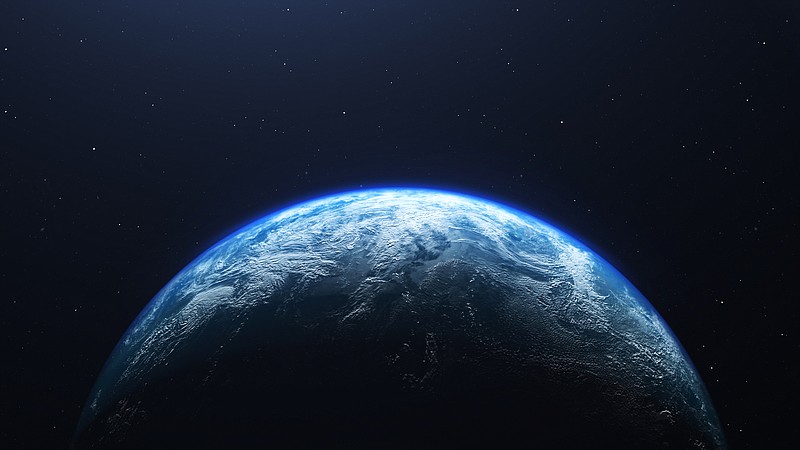At the broadest level, human history is a story about cooperation. Individually, we big-brained, hairless primates are fairly ridiculous creatures, easy pickings for any dad-bod Simba roaming the plains. But get us together and we achieve dominion over land and sky.
Reluctantly, violently, often after exhausting every other possibility, people keep stumbling toward one another to get pretty much everything done. From the family to the village to the city, nation-state and global mega-corporation, cooperation and coordination among groups of increasing size and complexity is, for better or worse, how we all got to now.
But what if we've hit the limit of our capacity to get along? I don't mean in the Rogers way. I'm not talking about the tenor of our politics. My concern is more fundamental: Are we capable as a species of coordinating our actions at a scale necessary to address the most dire problems we face?
Because, I mean, look at us. With the COVID-19 pandemic and climate change, humanity is contending with global, collective threats. But for both, our response has been bogged down less by a lack of ideas or invention than by a failure to align our actions as groups, either within nations or as a world community. We had little trouble producing effective vaccines against this scourge in record time - but how much does that matter if we can't get it to most of the world's people and if even those who have access to the shots won't bother?
Global failures of cooperation are, of course, nothing new; we did have those two world wars. But now we're facing something perhaps even more worrying than nationalist enmity and territorial ambition. What if humanity's capacity to cooperate has been undone by the very technology we thought would bring us all together?
The internet didn't start the fire, but it's undeniable that it has fostered a sour and fragmented global polity - an atmosphere of pervasive mistrust, corroding institutions and a collective retreat into the comforting bosom of confirmation bias. All of this has undermined our greatest trick: doing good things together.
It is true that each of us is affected differently by a changing climate and COVID-19, but with both, our fates are linked; what happens to each of us is tied up with the actions of others.
Sometimes, though, our fates are so obviously intertwined, you want to scream. Vaccines work best when most of us get them. Either we all patch up this sinking ship or we all go down together. But what if lots of passengers insist the ship is not sinking and the repairs are a scam? Or the richest passengers stockpile the rations? And the captain doesn't trust the navigator and the navigator keeps changing her mind and the passengers keep assaulting the crew?
I should say there is a good chance my take is too dreary. In 1968, ecologist Garrett Hardin published a famous essay arguing that because people tend to maximize individual utility at the expense of collective good, our species was doomed to blindly exploit the world's resources.
But Hardin was proved wrong. And as pioneering political economist Elinor Ostrom showed over a lifetime of research, there are countless examples of people coming together to create rules and institutions to manage common resources.
Ostrom was awarded the Nobel Memorial Prize in Economic Sciences in 2009. In her prize lecture she wrote that "humans have a more complex motivational structure and more capability to solve social dilemmas" than rational-choice economists have given us credit for. She suggested we needed to imagine new kinds of groups that could improve how humans innovate, learn and adapt together to take on looming environmental challenges.
She died in 2012, so she did not witness what came next: the rise across much of the world of conspiratorial alternate realities and intense polarization. As a species, we are still searching for the institutions that Ostrom predicted we'd need to focus humanity's collective power. I hope she was right that we are up to the task - but I can't say I'm optimistic.
The New York Times
